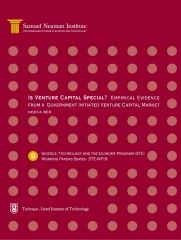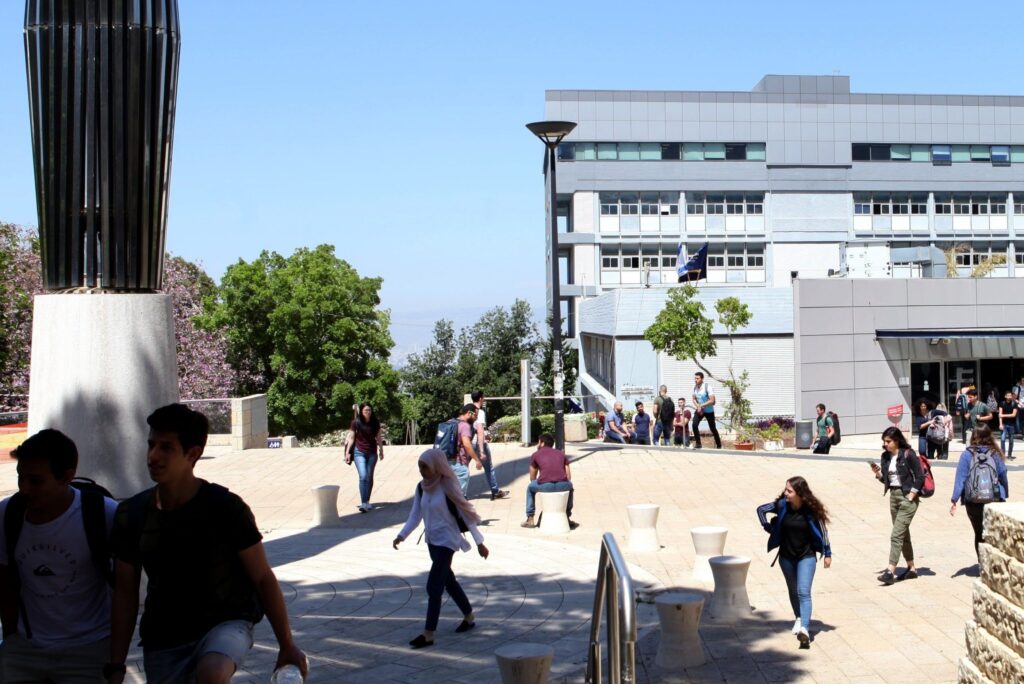The financing extended by venture capital funds is examined in this paper, using a unique database that includes information about all the firms in the portfolio of all the Israeli venture capital funds in 1997-2000, and data on a control group of firms that were not backed by venture capital funds but were supported by Israeli investment companies (financial intermediaries with different characteristics) specializing in the high-tech industry.
The first part of the paper describes the venture capital (VC) market in Israel initiated by a large scale government support at the beginning of the 1990s. This VC market evolved to an entirely private market with a very high level of international standards, resembling those of the US market. The data provide quite unique insights on the VC industry: most of the venture capital funds tend to invest (also or only) in the initial stages of a firm’s life; there is considerable involvement of banks both Israeli and foreign in the funds; the proportion of companies backed by VC funds that succeeded in reaching exit stage is significantly lower in Israel than in the US apparently also because of the relative youth of the Israeli funds.
In the second part of the paper I examine three main questions: In which firms do VC funds invest, or in other words do they screen projects? Do companies backed by venture funds succeed more than others? Which financing characteristics of venture capital influence the success of companies? The papers results support the view that venture capital is indeed special, and that firms backed by it succeed more than others in terms of the chances of reaching an exit stage.
The results indicate that what makes the funds special appears to derive from their monitoring after the investment has been made, as well as from their reputation, which sends a positive signal to the market about the firms they support. I find evidence that the funds also screen projects before deciding to invest, but it is not that screening that affects the firms success.
The unique feature of the VC market in Israel is that it was created as a result of the initiative and direct involvement of the government Such government support can also lead to distortions. Nevertheless, the general conclusion of the paper is that despite the government’s involvement, the corporate governance mechanisms that developed are seemlier to those that exist in countries were the market developed by the privet sector.












